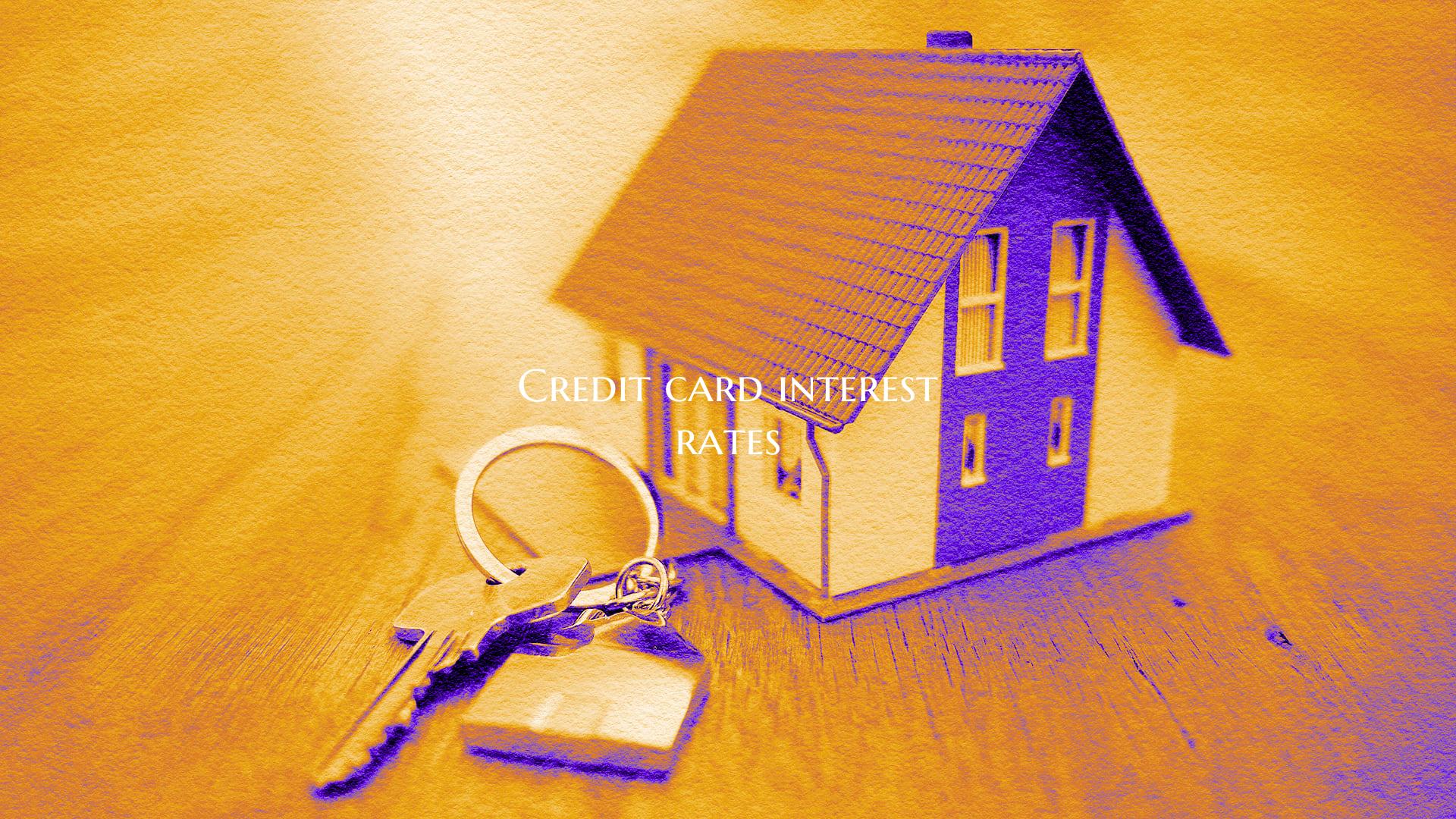Credit card interest rates

Credit Card Interest Rates: Understanding the Basics
Credit card interest rates play a crucial role in the world of personal finance, affecting how much you will ultimately pay for using credit. It's essential to understand the fundamentals of credit card interest rates to make informed decisions about your financial well-being. Here's a comprehensive guide to help you navigate this often complex aspect of credit card ownership.
What Are Credit Card Interest Rates? Credit card interest rates, also known as Annual Percentage Rates (APRs), represent the cost of borrowing money from a credit card issuer. Whenever you carry a balance on your credit card, the issuer charges you interest based on your APR. This interest accrues over time, increasing the total amount you owe.
Types of Credit Card Interest Rates Generally, credit cards have various types of interest rates, including: 1. Purchase APR: The interest rate applied to purchases made on the card. 2. Balance Transfer APR: The interest rate applied to balances transferred from one card to another. 3. Cash Advance APR: The interest rate applied to cash withdrawals made using the credit card. 4. Penalty APR: A higher interest rate that may be applied when you fail to make timely payments or breach other terms of the credit card agreement.
Factors Affecting Credit Card Interest Rates Several factors influence the interest rate you receive on a credit card, such as: 1. Credit Score: Your creditworthiness, as reflected in your credit score, is a significant determinant of the interest rate you're offered. Higher credit scores generally qualify for lower interest rates. 2. Market Conditions: Economic factors and trends in the financial market can impact interest rates across the board. 3. Issuer's Policies: Each credit card issuer sets its own interest rate policies, which can vary based on their risk assessment and business strategies.
Managing Credit Card Interest Rates To effectively manage credit card interest rates and minimize interest costs, consider these tips: 1. Paying in Full: To avoid interest charges altogether, pay your credit card balance in full each month before the due date. 2. Lowering APR: Contact your credit card issuer to negotiate a lower APR, especially if you have a good payment history. 3. Balance Transfers: Consider transferring high-interest balances to a card with a lower APR or take advantage of promotional balance transfer offers. 4. Improving Credit: Work on improving your credit score over time to qualify for lower interest rates on credit cards and other financial products.
In conclusion, credit card interest rates are a critical aspect of managing your finances effectively. By understanding how they work, exploring the factors that influence them, and implementing smart strategies to handle them, you can stay in control of your credit card debt and work towards a healthier financial future.
